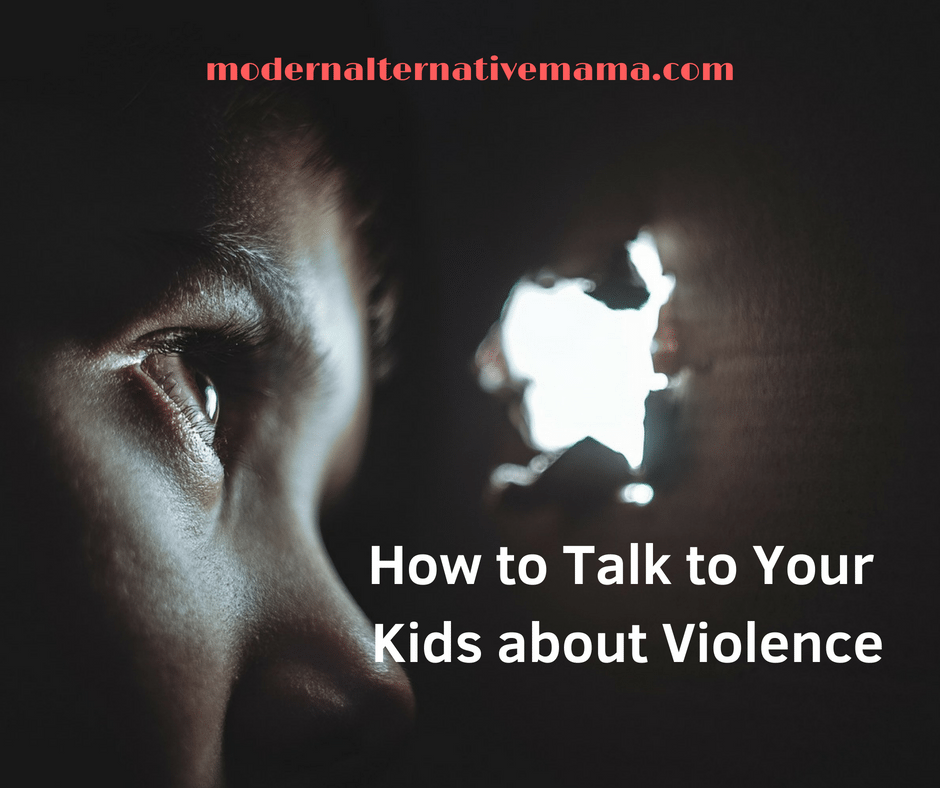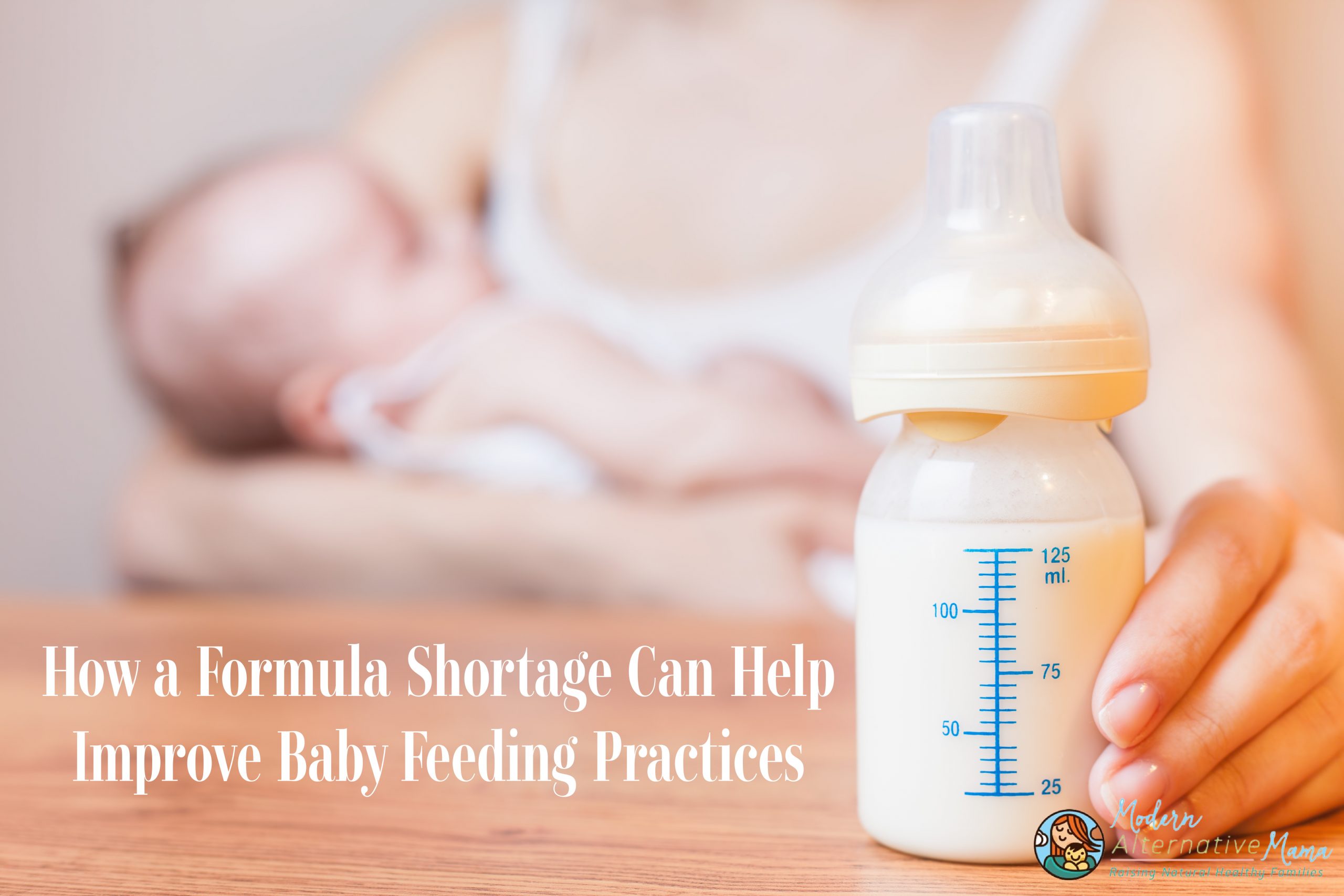We can’t ignore that violence is all around us. How do we help our children understand and process it?
By Danielle, Contributing writer
Violence is on every news station, social media, and in every town. It’s invaded our schools and follows most natural disasters. Even if we are in a loving, attached family, we can’t be sure it won’t reach our doors.
So how do we talk to children about it? Do we ignore it? Explain it in detail?
As I raise my family, I keep coming back to not the “what” but the “why.” Human behavior is so complex, and so difficult for even adults to understand. If we start to understand the “why” behind motives, we can accept the “what,” and decide for our old or young selves if it is right and wrong. And that’s the type of thinking that we need young ones to be doing.
I find that more family time — meaning more dinners together, and more education at the home — spells more time to talk about thoughts, right and wrong, and a whole host of “why’s.” More family time means more time to discuss everything from why does a toad croak to why is cousin Sally sad all the time.
Ultimately, I feel that being honest with children is best. You don’t have to spell everything out in gory detail, but children understand and hear more than we think, and how often do they pick up that we are hiding something? In my opinion, we are here to guide children on making the best decisions for their lives, and part of that is helping them process difficult things and not shy away from hard math problems or hard domestic issues.
I realize that it’s hard to share the realities of our world with children, but we have to remember that they are a part of the world with us, and instead of shying away from it, we can find ways to make it better and help those in need.
Violence outside of the home is much more rare than inside of the home. So as we talk to our children about what they are seeing around them, we need to prepare them for another harsh reality of our world.
Of course, it’s one thing to see it on the news, but another to witness it or experience it first hand.
In the United States, 10-35% of the population will experience domestic abuse, which is much more common than experiencing violence on the streets, although that is still possible. It’s unfathomable that a third of the families you know have some type of abuse at home, but it is reality today.
Educate your children on what types of behavior are okay, and what types are not.
Respect them when they report anything abnormal at school, their friend’s houses, or elsewhere. Domestic abuse is only reported an estimated 1% of the time. Teach them to report questionable behavior and what that looks like.
Be sure to investigate the homes of your children’s friends before allowing sleepovers, and develop open communication lines with all of your children.
As our children interact with the world, it’s likely we will run into cases of domestic violence. Many children grow up and are shocked to find that this is happening to their friends, or themselves. Prepare your children for this beforehand, and teach them how important it is to remove yourself from the situation and report it to the police.
You may experience friends of your children, at their school, at the park, or in your homeschool coop’s, that are touched by domestic violence. Maybe your friends have experienced or will experience it. It’s so important to know the signs in young children who may not be able to speak out.
Some signs that may mean a child is having a hard time dealing with violence or is experiencing violence in his or her life are:
- Learning issues
- Limited or slow physical growth
- Nightmares or irrational fears
- Reluctance to leave or be with one parent
- Anger or aggression, especially physical aggression
- Increased activity without reason
- Sleep issues
- Jittery and jumpy
- Unexplained medical pains
- Repeats play events consistently
- Emotional instability or numbing
The most important thing you can do for a family going through domestic violence is urge them to report it and be or find a safe place for them. Many being abused believe that it will end or that there are repercussions for reporting, though nothing is further from the truth. Help someone in domestic abuse find a local shelter, therapist, and develop an escape route. You, or your children, could save a life.
In the end, this world is a beautiful, yet sometimes tough place. As parents, it’s our job to prepare our children for reality, and teach them how to make their families and world a better place. We do that by addressing issues, being a constant sounding board, and guiding them to choose loving others over the hate, violence, and selfishness of this world.







